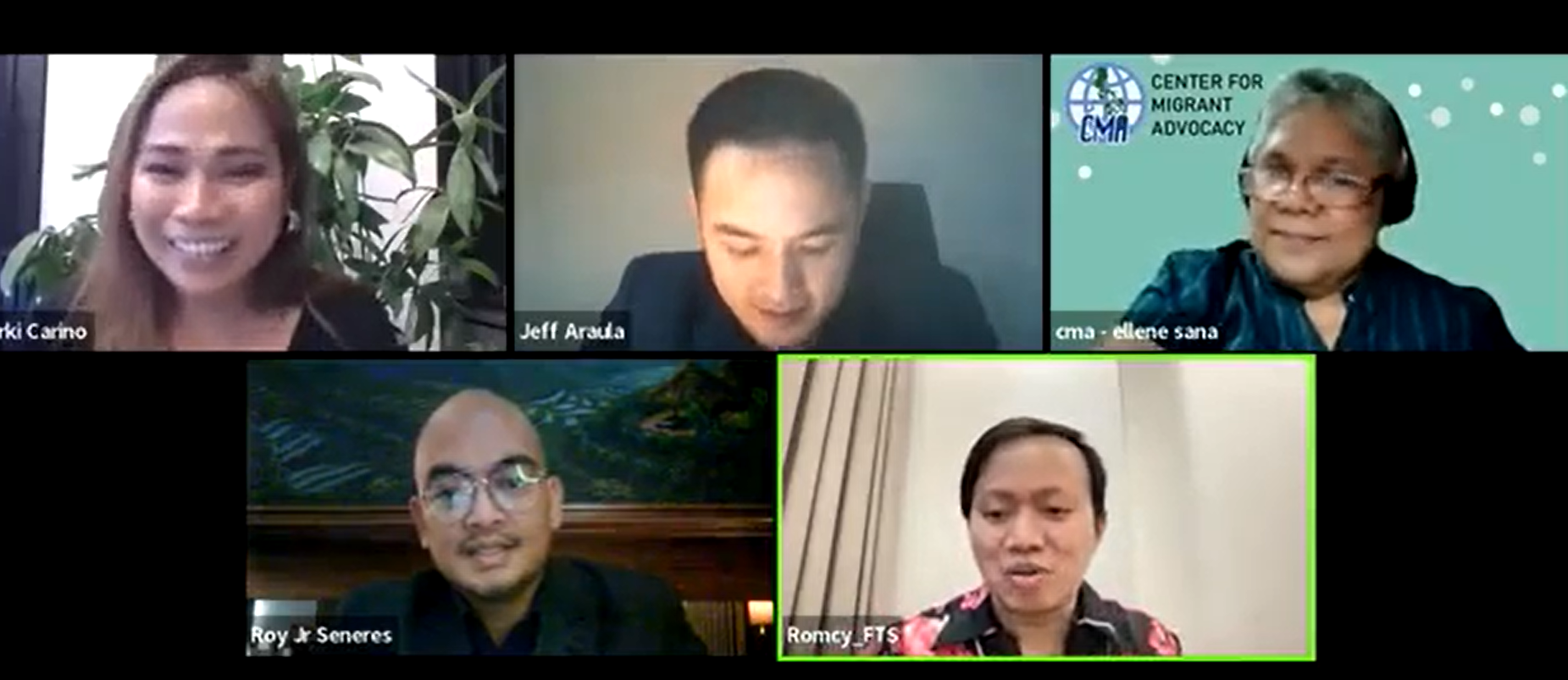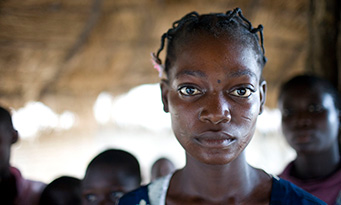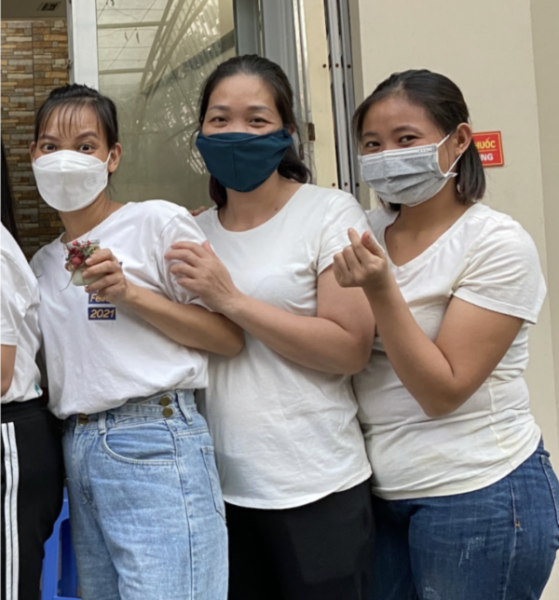Over the past 20 years the global antislavery movement has grown rapidly. Chart that growth and you get a long tail, then a steep upward curve about 10 years ago. From a small campaign on the margins, antislavery went mainstream and a series of tipping points marked that shift.
The Clinton Global Initiative made slavery a key focus. New laws were passed in the U.S., U.K. and other countries. Big philanthropic players entered the field, and significant new investments in freedom came from both governments and foundations. The End Modern Slavery Initiative Act passed by the U.S. Congress in December 2016 allocated $250 million and set up a $1.5 billion trust fund, while the U.K. government allocated £1.5 billion in funds to address slavery and other global challenges.
Though still not enough money to bring slavery to an end, this is tremendous progress. But this success brings an important challenge: more financial resources means we can open more antislavery projects, but do we have the qualified human resources to carry out the work of liberation?
The short answer to that question is “no.” Virtually every experienced antislavery worker in the world has learned their skills on the job. And the best teachers are those whose work tends to keep them in the field, doing what they do best: getting people out of slavery. And that’s why we had to launch the free online short course Ending Slavery: Strategies for Contemporary Global Abolition as part of a professional training master’s degree program at the University of Nottingham.
The Ending Slavery online course starts May 8. It is free. It’s an introduction to modern antislavery and explores the strategies of abolition in the past and the present. More than 8,000 people from 150 countries signed up when it was first offered last year to learn from the scholars and activists who took part. It’s a solid beginning for anyone interested in ending slavery.
There’s another crucial reason we had to launch the MOOC and master’s degree program. As antislavery projects have proliferated, more and more questions are being raised about how effectively to deliver such programs, how effectiveness can be measured, and what are the appropriate types of intervention for the many different types of enslavement in different countries.
Editor’s note: Kevin Bales, a co-founder of Free the Slaves, is now a professor at the University of Nottingham.



